
Száztíz éve született a kétszeresen halálra ítélt költő Radnóti Miklós vasarnap.hu
The dire circumstances of the poet's death as well as those of his birth, which was blighted by the deaths of his mother and his twin brother, are detailed in the foreword written by Győző Ferencz, the Hungarian editor of Radnóti Miklós összegyűjtött versei és versfordításai (The Collected Verse and Verse Translations of Miklós Radnóti). The same details are then duplicated in the.
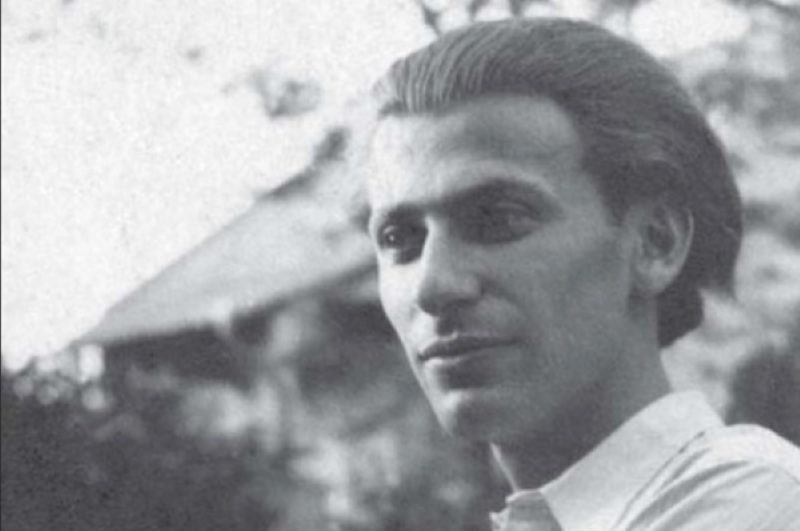
Verszarándoklat Radnóti Miklós emlékére kultúra.hu
Miklós Radnóti (born Miklós Glatter, surname variants: Radnói, Radnóczi; 5 May 1909 - 4 or 9 November 1944) was a Hungarian poet, an outstanding representative of modern Hungarian lyric poetry as well as a certified secondary school teacher of Hungarian and French. He is characterised by his striving for pure genre and his revival of traditional, tried and tested genres.
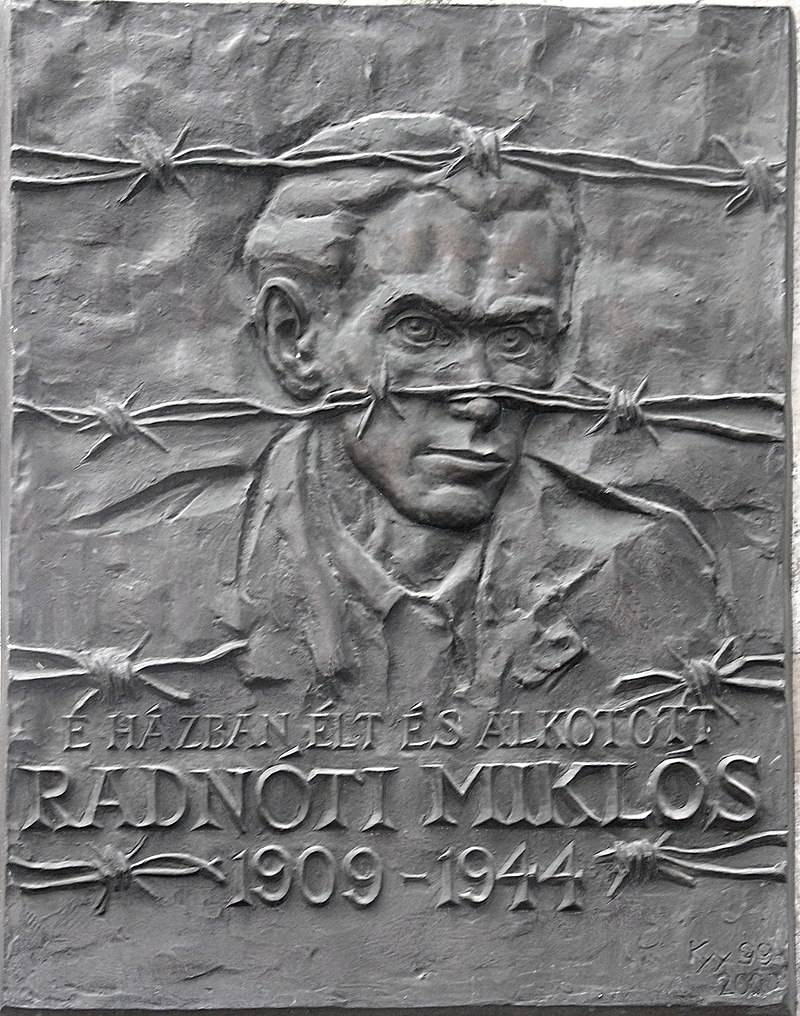
Radnóti Miklós élete, munkássága Irodalom kidolgozott érettségi tétel
a Yorick Stúdió és a Tompa Miklós Társulat koprodukciója. Radnóti Színház. Jegyvásárlás. 13.. 16. kedd. 19:00. Antigoné. A Radnóti Miklós Színház Nonprofit Kft. Budapest Főváros Önkormányzata fenntartásában működik. 2017. Radnóti Színház
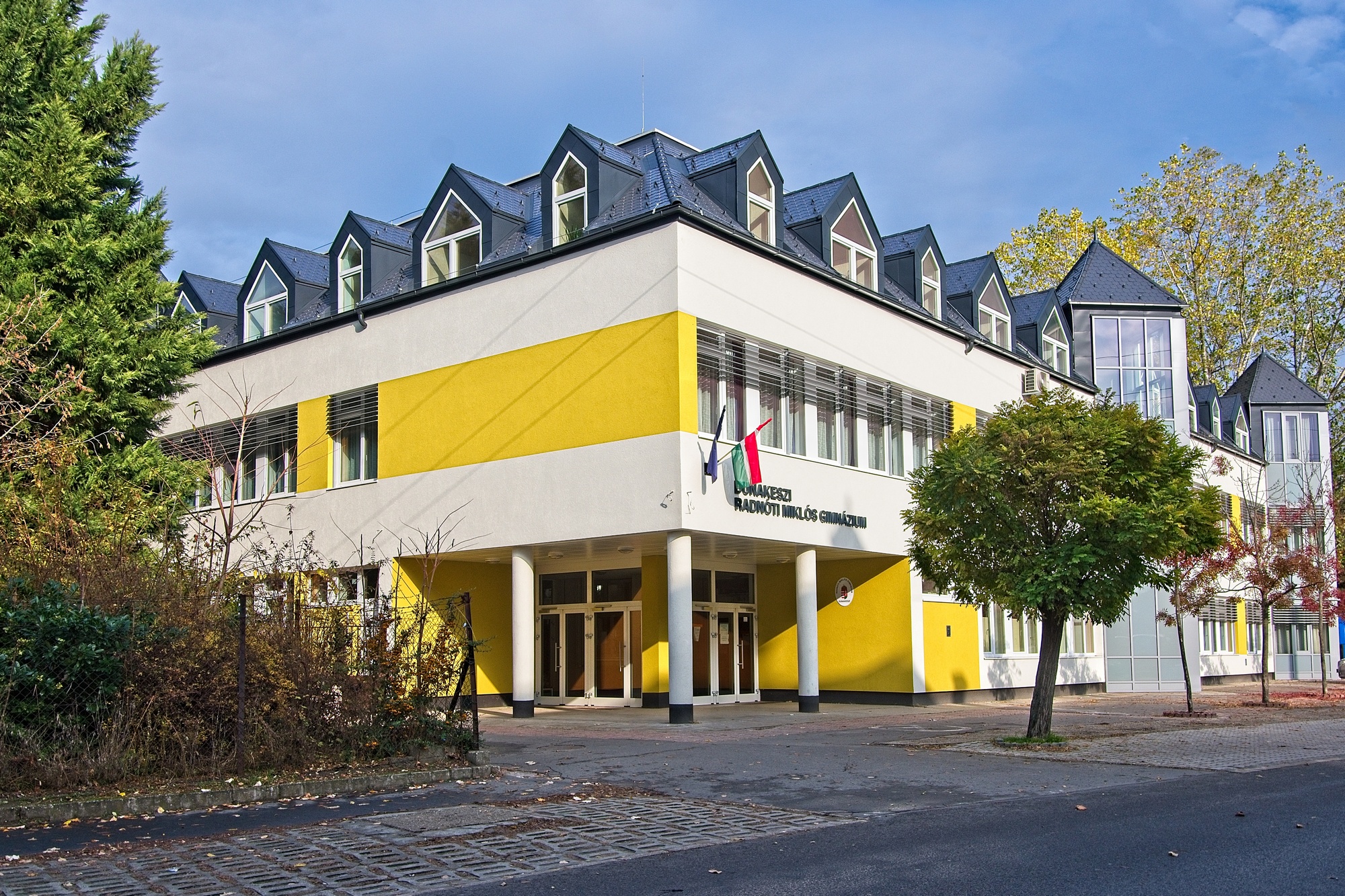
Elérhetőségünk Dunakeszi Radnóti Miklós Gimnázium
A Radnóti Miklós nevet először 1929-ben használta, de még a Jóságban is Radnóti Glatter Miklósként jegyezte verseit. A Radnóti Miklós nevet 1930-tól használta kizárólagosan. Élete legfőbb törekvése ugyanis az volt, hogy magyar költő legyen, és felfogása szerint ehhez magyar név kellett.
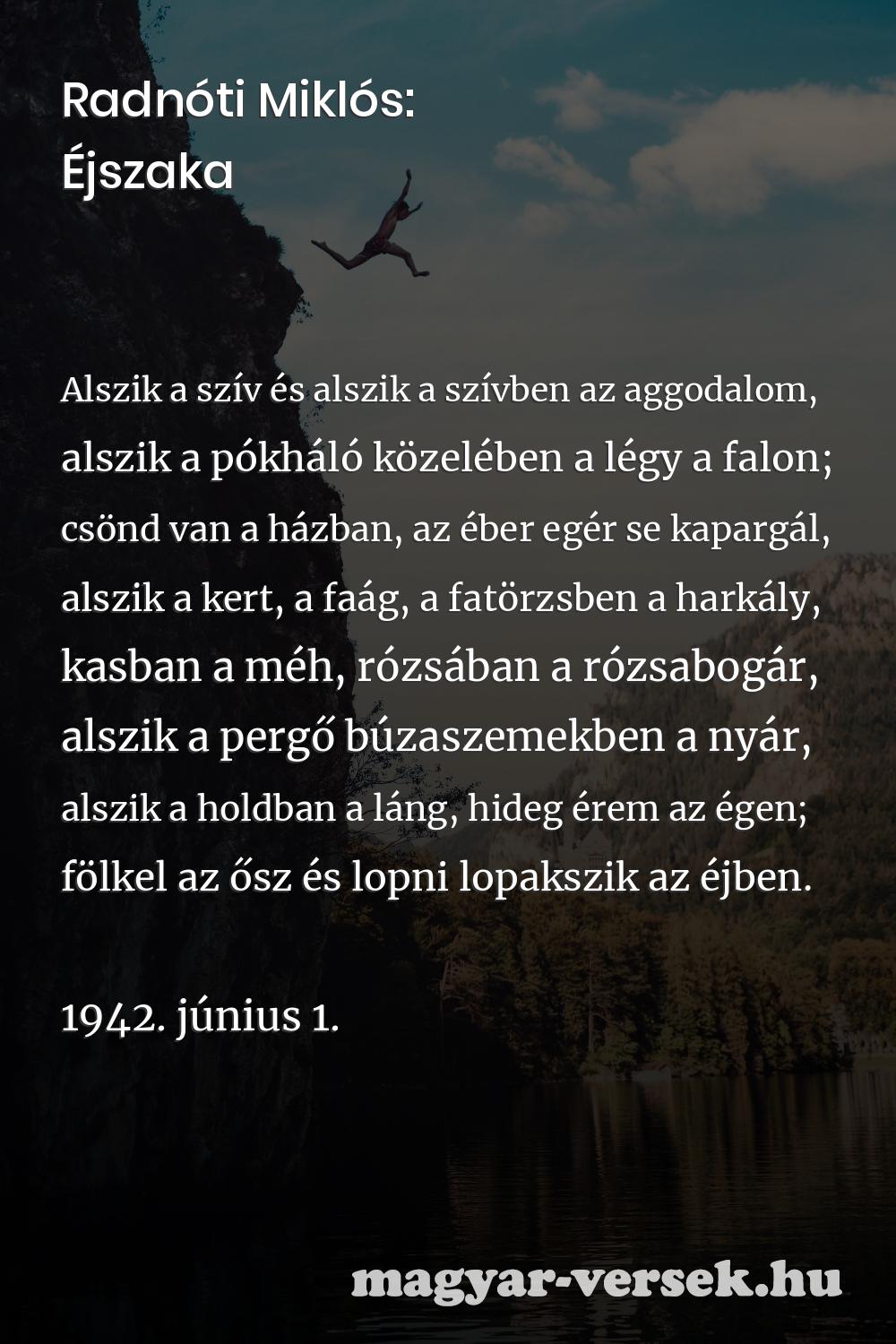
Radnóti Miklós Éjszaka Magyar versek
Miklós Radnóti [1909-1944], a Hungarian Jew and fierce anti-fascist, was perhaps the greatest of the Holocaust poets. Before Radnóti was murdered by the Nazis, he was known for his eclogues, romantic poems and translations. He was born in Budapest in 1909. In 1930, at the age of 21, he published his first collection of poems, Pogány.

Radnóti Miklós Idézet A Versről karácsonyi képeslapok idézettel
Miklós Radnóti. Miklós Radnóti, birth name Miklós Glatter (5 May 1909 - 10 November 1944) was a Hungarian poet who died in The Holocaust. Radnóti was born in Budapest into an assimilated Jewish family. His life was considerably shaped by the fact that both his mother and his twin brother died at his birth.
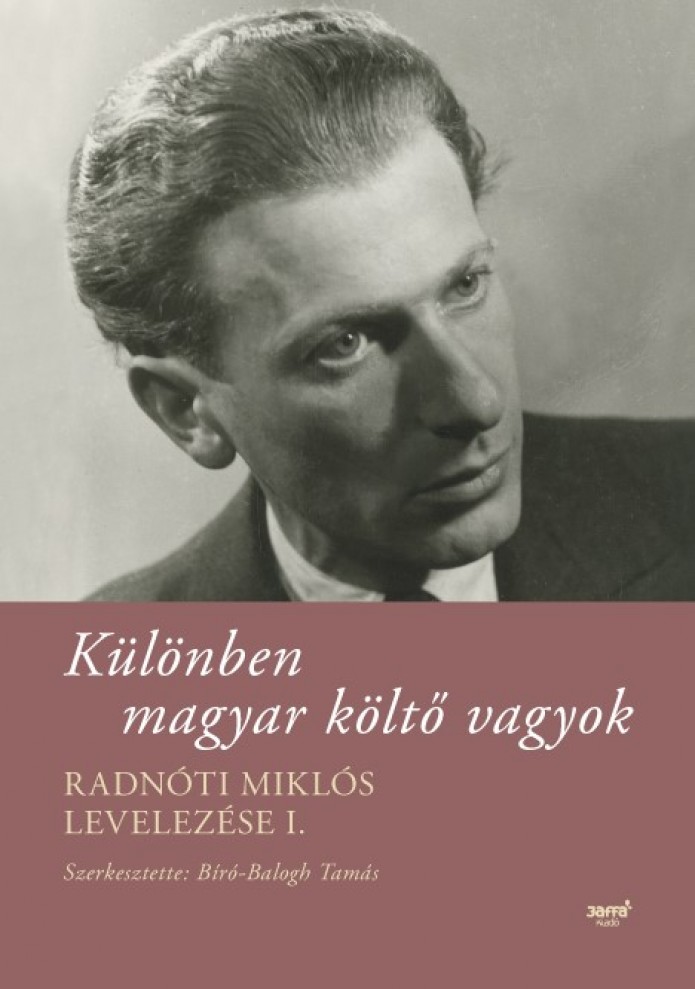
Különben magyar költő vagyok (Radnóti Miklós) [Könyv] 4190 Ft 9786155715853
Miklós Radnóti was a Hungarian poet, an outstanding representative of modern Hungarian lyric poetry as well as a certified secondary school teacher of Hungarian and French. He is characterised by his striving for pure genre and his revival of traditional, tried and tested genres.

Radnóti Miklós Galéria
Innen származott Radnóti Miklós apja, Glatter Jakab, valószínűleg ezért esett Miklós választása erre a névre. Boldogság és tragédia A legnagyobb öröm egy gyermek világrajövetele, a legmaróbb gyász pedig egy apró élet elvesztése. 1909. május 5-én egyszerre mindkettőt kénytelen volt átélni a Glatter család.
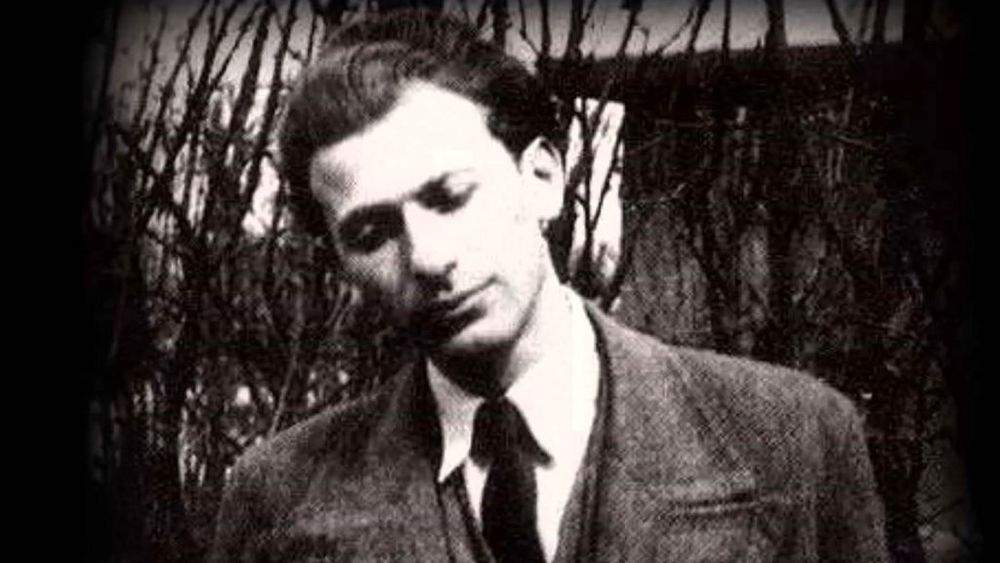
"Tarkólövés. Így végzed hát te is" 75 éve halt meg Radnóti Miklós ma7.sk
Radnóti Miklós - az első szegedi kép (1930) 1930. szeptember 11-én érkezett meg Szegedre, s másnap be is iratkozott a Szegedi Ferenc József Tudományegyetem bölcsészeti karának magyar - francia szakára. 1930-tól 1934-ig Szegeden lakott szerényebb hónapos szobákban, amelyek alaprajzát Gyarmati Fanninak elküldte levélben.
Radnóti Miklós Köztérkép
When the body of Miklós Radnóti was conclusively identi-fied after being exhumed in the summer of 1946, nearly two years after the poet had been murdered by retreating Hungarian fascist militia and buried in a shallow mass grave, a notebook with his last 10 poems and a plea to send them to his best friend after his death was the final vestige of a short and brilliant career overshadowed by.

DRAGOVOLJAC Nevenka Nekić „Radnóti Miklós i dvije posljednje večere“
Meztelen álltam, mikor megjött az éjben s vitázni kezdett halkan itt velem. Valami furcsa illat szállt s hideg lehellet ért fülön. "Vetkezz tovább! - így bíztatott, - ne védjen bőr sem, nyers hús vagy úgyis és pucér ideg. Nyúzd meg magad, hiszen bolond, ki bőrével, mint börtönével henceg.
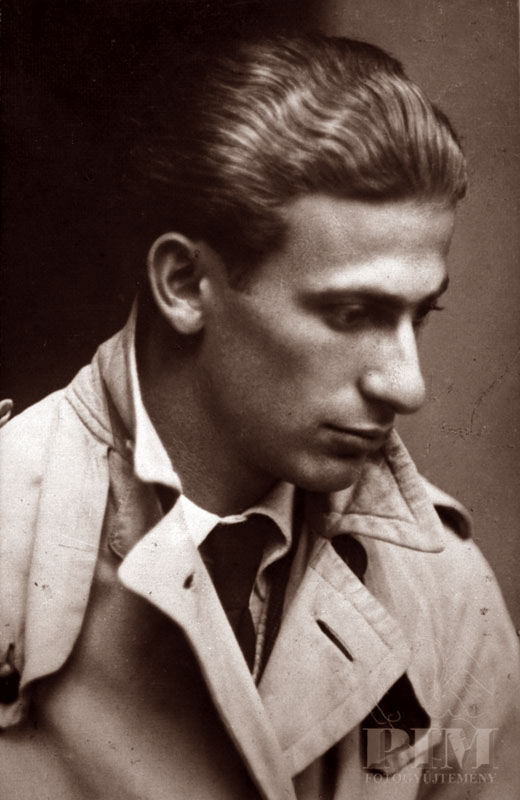
100 ÉVES A NYUGAT (19082008) RADNÓTI MIKLÓS
Miklós Radnóti is considered one of the greatest Hungarian poets of the 20th century. He was born in Budapest to Jewish parents. After a stint in his uncle's textile business, he turned to literature. Inspired by the activities of the Czech and Hungarian avant-gardes, Radnóti worked for a number of little magazines in Budapest, and his early poetry is influenced by avant-garde techniques.

Radnóti Miklós Painting & drawing, Male sketch, Drawings
Miklós Radnóti (May 1909 - November 1944) was one of the greatest poets of Hungary in the 20th century. Born as Miklós Glatter, he changed his name to Radnoti in 1934, after his graduation from university with a dissertation on the artistic development of Margit Kaffka. In 1935, Radnoti
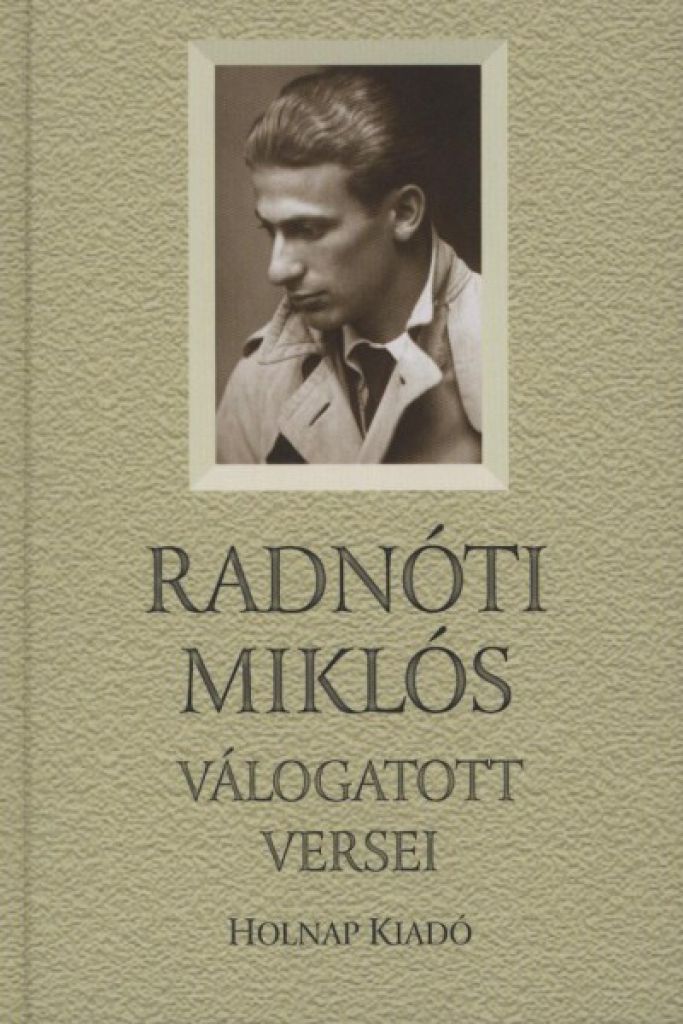
Könyv Radnóti Miklós Radnóti Miklós válogatott versei
Budapest, Radnóti Miklós u. 38, 1137. If you're on a budget and looking for an unpretentious Hungarian meal, leave behind the tourist-heavy streets of downtown and head to Pozsonyi Kisvendéglő in Újlipótváros, near the city center. Red-and-white checkered tablecloths and an exhaustive menu spanning soups, stews, ready-made dishes, and.
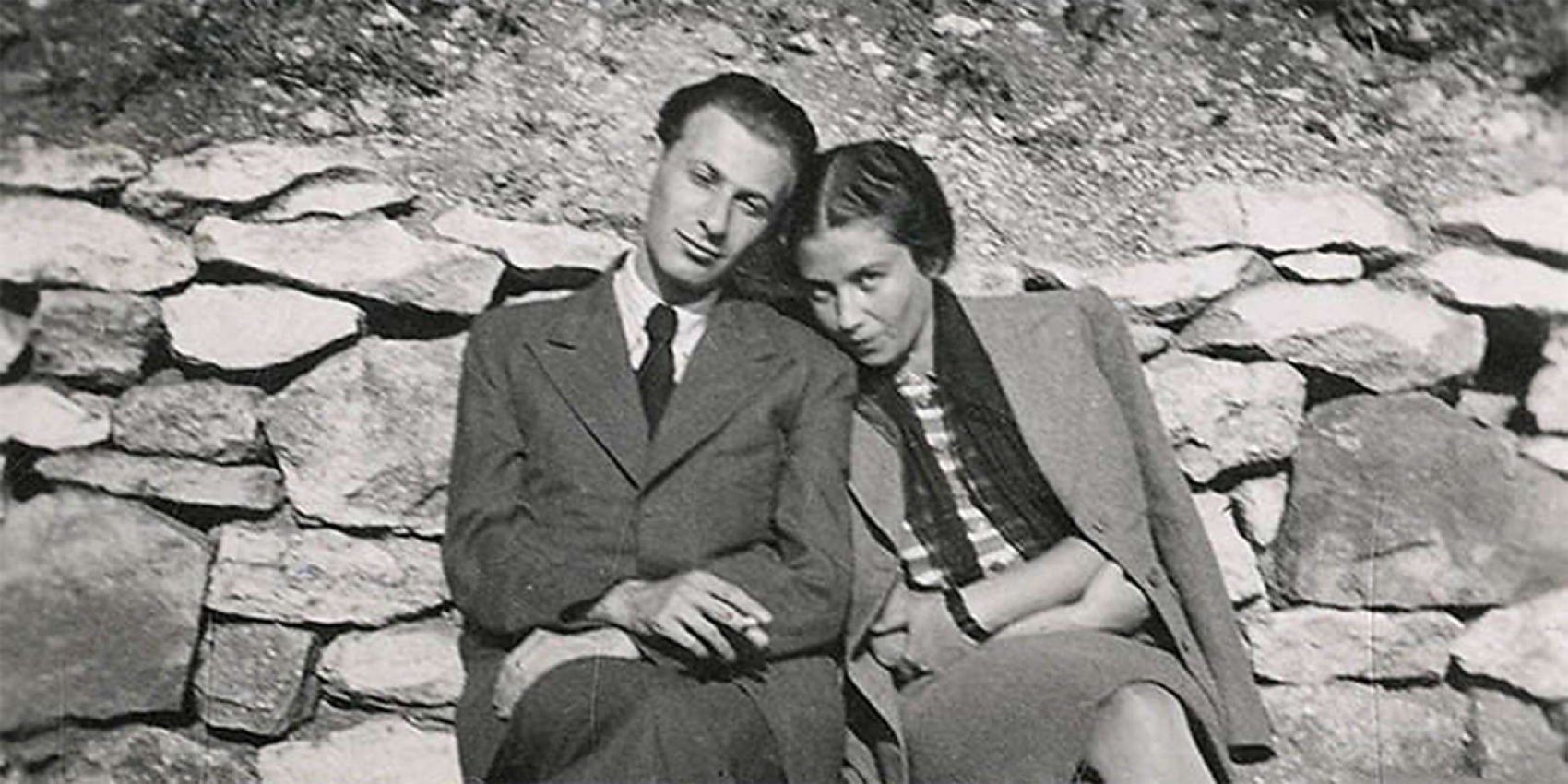
Szegedi Tudományegyetem Radnóti Miklós Emléknap a Szegedi Tudományegyetemen
Az iskola továbbra is várja a gyakorlóiskolák épületeire szánt kormányzati támogatást. S addig? Folytatódik a 4+8 és az 1+6 osztályos képzés, továbbra is a diákok állnak a tevékenységek központjában. A pedagógiai programnak megfelelően olyan diákok hagyják el az érettségivel az épületet, akik igényesek önmagukra.

Visitar Radnóti Miklós High School
Contents. (1910-1944), poet and translator. Considered one of the great Hungarian poets of the twentieth century, Miklós Radnóti was born Miklós Glatter, of Jewish parents, although he remained indifferent toward his Jewish roots all his life, converting formally to Catholicism in 1943. "I do not feel Jewish," he wrote in a 1942 letter.